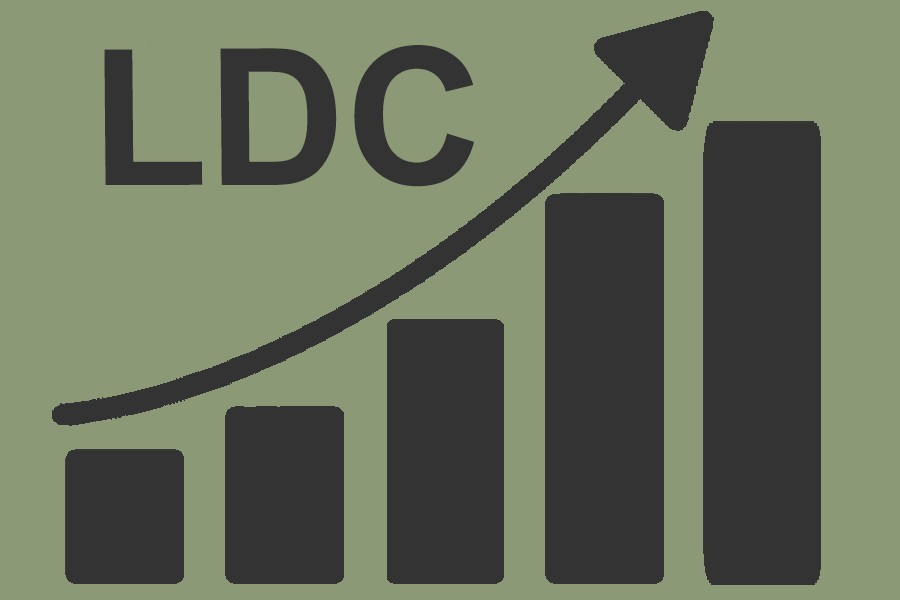Graduating least developed countries (LDCs), including Bangladesh, need preferential benefit to manage the transition, speakers at a programme said Monday.
Graduation from LDCs is special for Bangladesh, given its multiple dynamics, including huge population.
Bangladesh should look for other regional and bilateral avenues for trade preferential facilities after graduation to cope with new realities, they said.
The views came at a dialogue on "Current Debates at the WTO and the LDC Concerns" organised by the Centre for Policy Dialogue (CPD at Brac Inn in city.
In her opening remark, ambassador and permanent representative of the Netherlands and chair of LDC Sub-Committee at the WTO in Geneva Monique Van Daalen said the World Trade Organisation will have to continue to stand ready to support poorer countries in the current context of global trade tensions.
As Bangladesh aspires to graduate to a developing country status by 2024 and become a developed country by 2041, she said the WTO can help the country achieve these.
"We need to put our trust in the multilateral system," she said.
Ms Daalen said the future WTO should be from a rule-based system to the value-based system with fairness, norms and equality at its heart.
She said LDCs' shares in world exports of goods and services remained "insignificant" at only 0.95 per cent in 2018.
On the other hand, she said the trade deficit of the LDCs continued to increase from US$93 billion in 2017 to US$103 billion in 2018.
"This is three times higher than the deficit in 2010," she said.
CPD Chairman Rehman Sobhan said China's initiative of Belt and Road is more than an infrastructure project.
"BRI is heading to a globalised and integrated trading and economic system rather than a mere building roads and bridges," he said.
He said world trade has already reached new realities where China is the largest trading partner.
He saw "enormous potentials" for Bangladesh in the post-graduation period.
Secretary-Bilateral (Asia and Pacific) of the foreign ministry of Bangladesh Mahbub Uz Zaman said the rising trends in ultra-nationalism in many countries including in Europe will be an "obstacle" to getting transitional preferential treatment.
He, however, said Bangladesh is all set to graduate from an LDC status, despite the country will lose some preferential trade benefits.
Distinguished Fellow of the CPD Professor Mustafizur Rahman said Bangladesh has to keep in mind while discussing issues in forums like the WTO that the country is a future developing country.
The LDC category was introduced by the United Nations in 1971 when there were 25 LDCs. In 2018, that number increased to 47.
So far, only five countries have been able to graduate from the LDC status, such as Botswana, Cape Verde, the Maldives, Samoa and Equatorial Guinea.
Bangladesh is the only country that met all the three criteria for graduation, including GNI per capita, human assets index, and economic vulnerability index.


